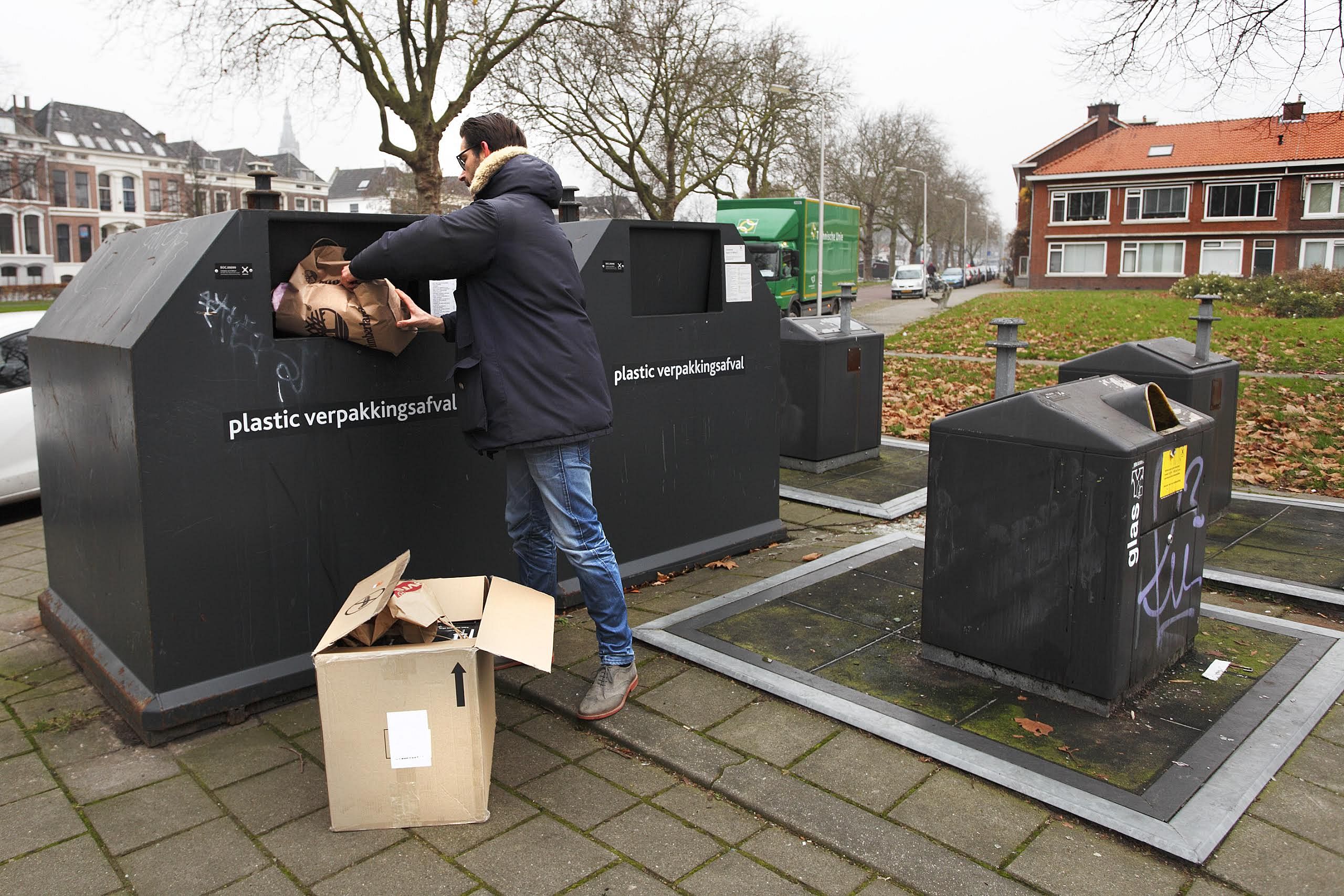From recycling to reusing to set rules for toxic waste, the Dutch have a rule for everything. The good news is the system seems easy-to-use.
Old electronics and furniture
- Reuse
Before you decide to get rid of electrical equipment because it’s not working, you might want to stop by the Repair Cafe that takes place on the first Saturday of each month. Held at the Science Centre, the Repair Cafe is an initiative that brings together volunteers with expertise to help repair things, from televisions and vacuum cleaners to broken tables. - Recycle
If the object in question is in working order, contact Kringloopwinkel Delft. The organisation, which has second-hand shops in the city, will send someone to collect old electronics, clothes, utensils and even furniture from your house if it is difficult for you to drop them off. According to their helpline (and the Delft.nl helpline) they will even collect old electronics that are not in working order. - Refuse
Stuck with a giant TV that doesn’t work or a moth eaten sofa no one will buy? Don’t worry. There is a bulky waste collection point at Voltaweg 11 managed by Avalex. Residents usually need an Avalex card (Avalexpas) to get in and only one card is registered per address. So check with your landlord or call the company to register. You can also call the Avalex helpline and make an appointment to have them collect the waste (note: only for bulky waste such as old furniture, and no electronics).
Toxic waste such as batteries are not thrown with regular trash
Toxic waste
Delft.nl offers a detailed explanation on how to separate waste. An important aspect is ensuring that toxic waste such as batteries, syringes, cans of paint etc. are not thrown with regular trash. While toxic waste can also be dropped off at Voltaweg, there are drop off points at IKEA and on campus for electronic waste. At the IKEA recycle point you can drop off used energy saving bulbs, discarded packing, metal, used batteries, paper and plastic. With regard to small toxic waste such as batteries for those in DUWO houses, DUWO teamleader Sander Jongerling said, “People can put that in the mailbox of the caretaker and he will get rid of it in the right manner.” If you need help sorting the waste, try a Jekko box by an initiative called WeCycle. The boxes are designed with easy-to-use categories and can be dropped off at collection points.
Glass
Check the label on beer bottles before you throw them away. Some of them can be returned to deposit machines in Jumbo or Albert Heijn. For the rest and other glass there are disposal points all over the city. The glass bin on campus is at Korvezeestraat and there’s one right behind the Jumbo at Kruisstraat. Note that mirrors, wire glass, double glazed windows, glass baking dishes and crystal should not be thrown in these bins – they have a different melting temperature and the recycling process then results in poor quality glass. While the bigger of these items needs to be dropped off at waste collection points, the smaller ones can be wrapped in newspaper and put with residual waste.
- To check where you can drop off paper, plastic, glass or textile waste for recycling visit the Avalex website.
- For details on how to separate waste, visit the Delft.nl website.
This is an updated version of a previous Delft Survival Guide article.



Comments are closed.